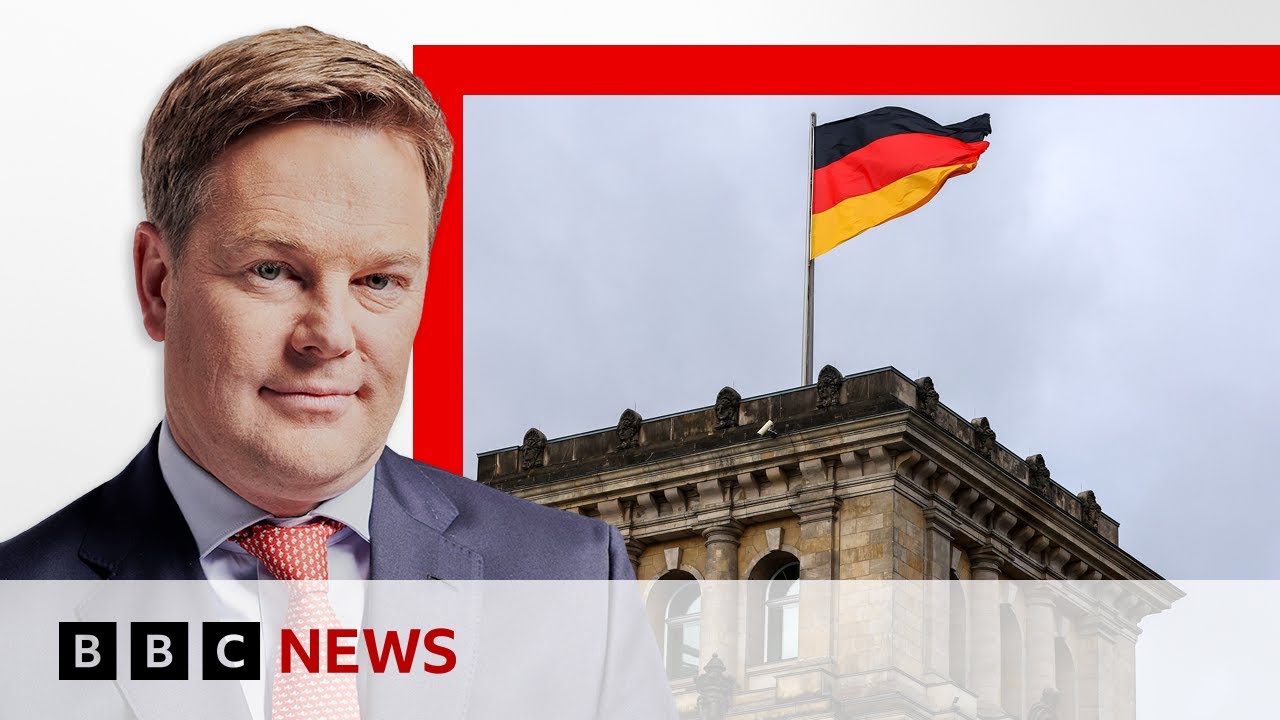The BBC News video examines how artificial intelligence (AI) could help revitalize Germany’s economy amidst recent challenges, highlighting its applications in sectors like healthcare and the creative arts. Experts emphasize the need for educational reforms and a more robust venture capital ecosystem to foster innovation and adapt to an AI-driven future.
The video from BBC News explores the potential of artificial intelligence (AI) to revitalize Germany’s economy, particularly in light of recent challenges such as the collapse of its coalition government and threats to core industries like car manufacturing. The program, hosted by Stephanie Hair, takes viewers on a journey through Berlin, showcasing various perspectives from government officials, researchers, and artists about the current state and future of AI in Germany. The backdrop of the Berlin Wall’s anniversary serves as a metaphor for breaking down barriers in technology and innovation.
At the Falling Wall Science Summit, experts discuss the need for Germany to adapt its educational system to better prepare future generations for a world increasingly influenced by AI. Richard Soer, a prominent figure in AI research, emphasizes the importance of teaching programming languages like Python in schools and fostering a culture that embraces risk-taking and innovation. He points out that Germany’s venture capital ecosystem is underdeveloped compared to Silicon Valley, which hinders the growth of startups and the adoption of new technologies.
The video highlights the healthcare sector as a promising area for AI application in Germany. A visit to the Shite Hospital reveals how AI is being used to monitor patients post-surgery, improving the ability to detect complications early. Clinicians explain how AI tools can analyze vital signs and laboratory data in real-time, leading to better patient outcomes. This integration of AI in healthcare showcases Germany’s strengths in research and technology, positioning it as a leader in medical innovation.
Beyond healthcare, the video delves into the creative sector, where artists in Berlin are using AI as a collaborative tool. Creatives like Phil Langer demonstrate how generative AI can transform visual art, allowing for new forms of expression. The process involves crafting specific prompts to guide the AI in producing desired images, raising questions about the nature of creativity and the role of AI in artistic endeavors. This intersection of technology and art illustrates the diverse applications of AI in contemporary society.
The program concludes with a reflection on the cultural differences in how countries approach AI. While some nations prioritize being first in technological advancements, Germany tends to focus on being the best, emphasizing trust and quality. The discussion highlights the importance of curiosity and engagement with AI across various sectors, encouraging a broader understanding of its potential. The host expresses inspiration from Germany’s innovative uses of AI and a desire to explore similar developments in other countries, signaling a global interest in the future of technology.
